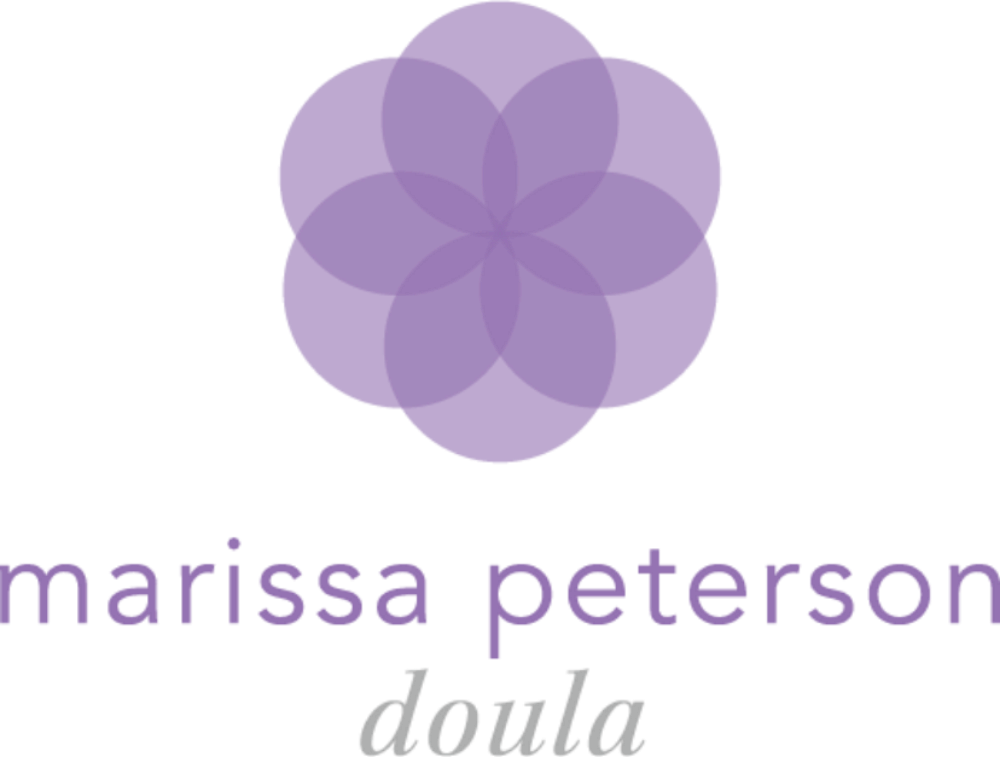Some people are curious why we use bleach during placenta encapsulation. To begin the explanation, we need to define a few words in terms of infection control:
Cleaners remove soil, dirt, dust, organic matter, and some germs. Sanitizers reduce the number of germs on a surface. Disinfectants destroy or inactivate germs and keep them from growing. Sterilizing removes all bacteria and other living microorganisms.
As far as placenta encapsulation, one's supplies and work space must be clean and disinfected. There is no need for sterilization.
In my practice, I start by cleaning my tools and work space with antibacterial dish soap. They are then rinsed thoroughly and dried. Next, a 10% bleach solution is prepared as a disinfecting bath. My tools and supplies are submerged and soak for ten minutes to be disinfected. They are then rinsed well and dried before use or storage. For surfaces, the solution is sprayed on, and kept wet for a full ten minutes before drying.
Bleach does not harm the environment, It naturally and quickly breaks down into water and hypochlorite salt. This is also the reason bleach sprays like described above must be made fresh daily. Bleach also does not contaminate ground water, as it does not survive sewage treatment. Bleach has also been studied and found not to cause cancer. Bleach also does not form dioxins when used in this way. Bleach does not cause sensitization.
So why can't I use essential oils when performing encapsulation? Well, essential oils are often added to homemade cleaning products to boost effectiveness. Essential oils do help clean, and can help sanitize, but they can not disinfect. Additionally, many people are sensitive and even allergic to essential oils. OSHA, the CDC, and Servsafe have a small list of approved cleaners, disinfectants, and sanitizers that are proven to work well; and essential oils are not on those lists. Finally, essential oils are much more expensive than the proven safe and effective products I use.
In summary, bleach is cheap (which keeps the cost of services low) and is proven to be an effective disinfection.
Sources:
Biologix Solutions 'Bloodborne Pathogens for Placenta Encapsulation Specialists' Course
OSHA 29 CFR 1910.1030
https://www.clorox.com/our-story/the-truth-about-bleach/
https://www.cdc.gov/niosh/topics/bbp/default.html


